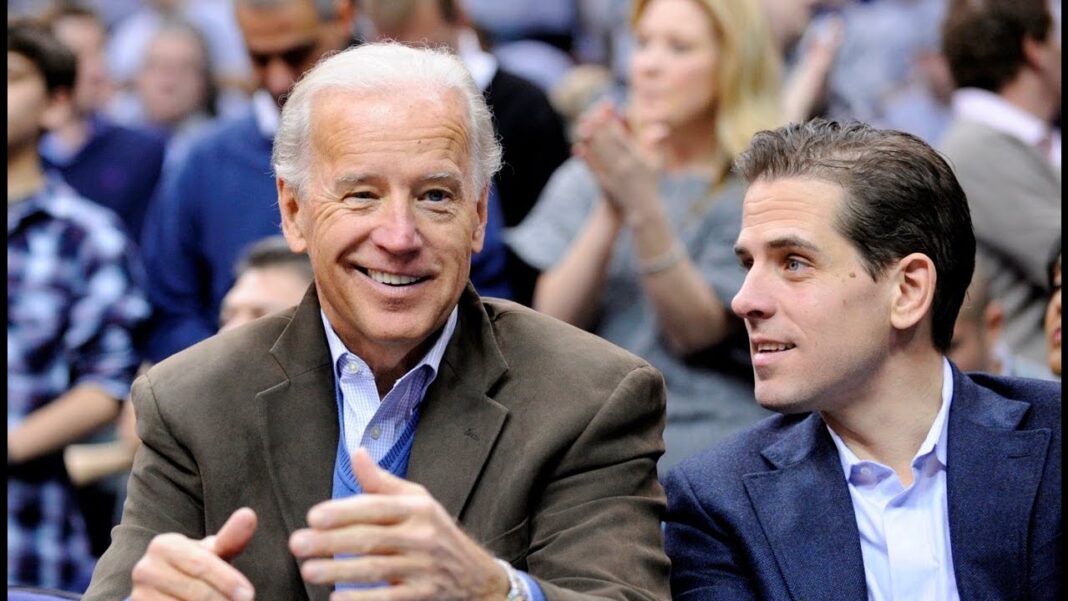‘The partisan nature of the imprisoning of a top senior White House aide should chill the bones of every American,’ he said.
Peter Navarro voiced frustration at a press conference on March 19, just before turning himself over to authorities in Miami, Florida, to begin his four-month sentence at the city’s minimum-security prison.
The former Trump White House trade adviser is the first official from President Donald Trump’s administration to serve jail time. He was found in contempt of Congress in 2023 for refusing to comply with the Democrat-led House Jan. 6 select committee subpoena.
Mr. Navarro declined to turn over records for the committee, citing the former president’s executive privilege that allows some presidential records to be blocked from disclosure.
“I am not nervous,” Mr. Navarro said to a reporter on March 19. “I am pissed.”
“When I walk in that prison today, the justice system, such as it is, will have done a crippling blow to the constitutional separation of powers of executive privilege,” he added.
Mr. Navarro reaffirmed his belief that a White House aide cannot be compelled by Congress to testify, and repeated his claims of executive privilege regarding the documents and testimony that the House Jan. 6 select committee was seeking through its subpoena.
Wearing a black shirt and gray jacket, he appeared in front of cameras at a strip mall parking lot across the road from the Miami prison where he will be serving his time. He was focused and alert while remarking on his case.
“I am the first senior White House adviser in the history of our republic that has ever been charged with this alleged crime,” Mr. Navarro said, defending his use of the term “alleged” because he believes the DOJ has historically “maintained the principle of absolute testimony immunity” for White House officials.
“And it was only with my case that somehow that has changed,” Mr. Navarro added.
He argued that as one of the former president’s “highest advisers,” he acted as an “alter ego of the president,” which he believes grants him executive privilege and is essential to “effective presidential decision making.”
“And the principle here related to effective presidential decision-making is simply that if a president does not have the ability—between and among his advisers—to get confidential information in the sanctity of the Oval Office, he will make poor decisions which will harm the Republic,” Mr. Navarro said.
By Jacob Burg





